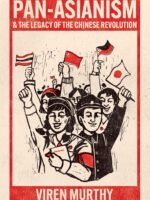Title 29 of the Code of Federal Regulations (CFR), known as CFR Title 29, is dedicated to regulations concerning labor in the United States. This title is overseen by the Department of Labor (DOL) and encompasses a comprehensive framework of rules and guidelines designed to safeguard workers’ rights, promote fair employment practices, ensure workplace safety, and regulate employee benefits across various industries and sectors.
Key components covered within Title 29 CFR include:
- Labor Standards: Regulations governing minimum wage, overtime pay, child labor restrictions, equal employment opportunity, and workplace nondiscrimination. These standards are fundamental for establishing equitable compensation and fair treatment of workers.
- Occupational Safety and Health: Guidelines enforced by the Occupational Safety and Health Administration (OSHA) to maintain safe and healthy working conditions. This includes regulations on hazard communication, personal protective equipment (PPE), and workplace safety training to mitigate risks and prevent injuries.
- Employee Benefits: Regulations pertaining to health insurance benefits, retirement plans governed by the Employee Retirement Income Security Act (ERISA), unemployment compensation, and workers’ compensation. These provisions aim to protect employees’ financial security and welfare.









Be the first to review “Code of Federal Regulations, Title 29 Labor/OSHA 1900-1910.999, Revised as of July 1, 2023”